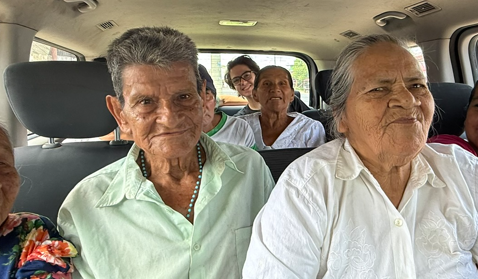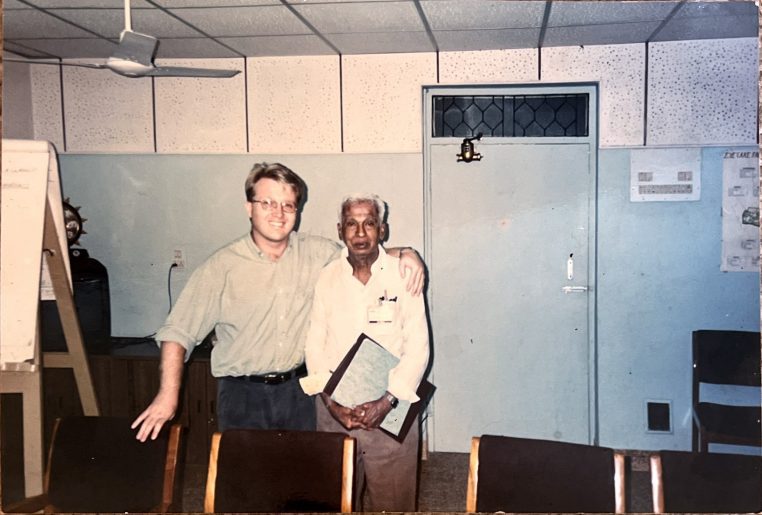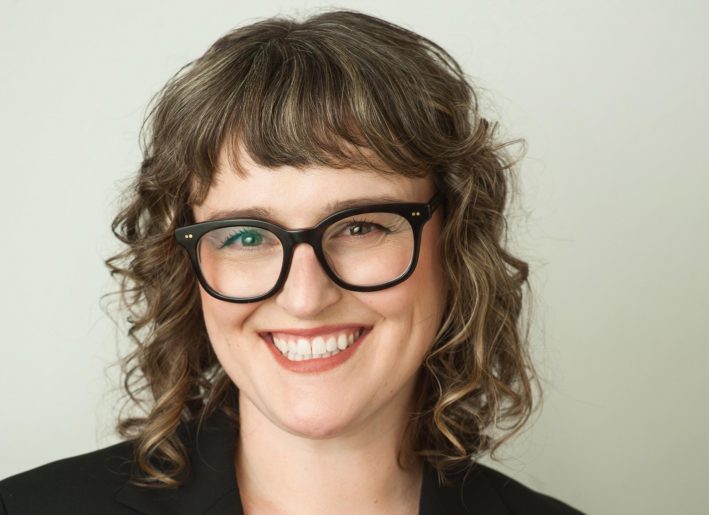The World Health Organization estimates that about one-half of the estimated 1.4 million cases of blindness in children below the age of 15 could be avoided. Finding and treating children early in life is a top priority for child eye health programs and most have developed strategies to identify and refer children in need of care. The Key Informant (KI) case finding method, which trains community members to screen children for eye problems and refer them to eye services, is a common strategy to identify and refer children with blindness and visual impairment. However, studies to date have not determined the benefit and cost of adding KIs to routine outreach activities. In summary, this study demonstrates that in addition to being an effective method for identifying blind children, the KI method can be successfully used as part of a community ophthalmology program to increase the uptake of screening services at a modest increase in costs.

Seva Canada is Growing and Expanding Thanks to Your Support: 43rd Annual General Meeting
This year, Seva Canada hosted its Annual General Meeting (AGM) virtually, bringing our global community together online. On November 5, 2025, donors, international program partners, and guests from around


